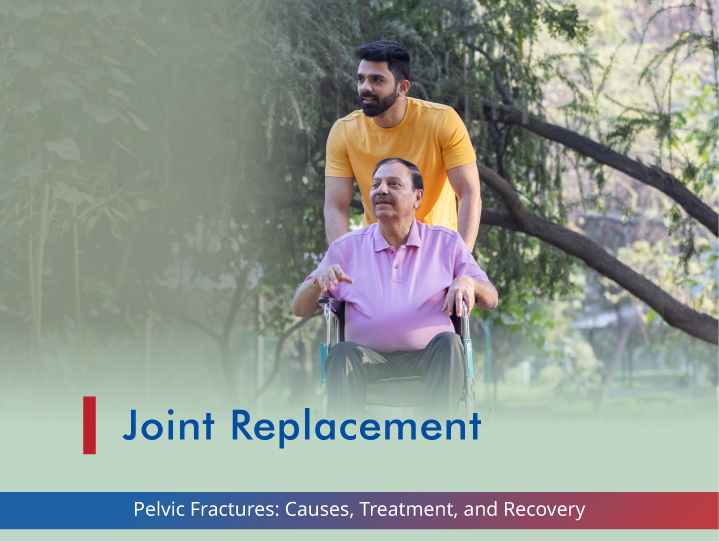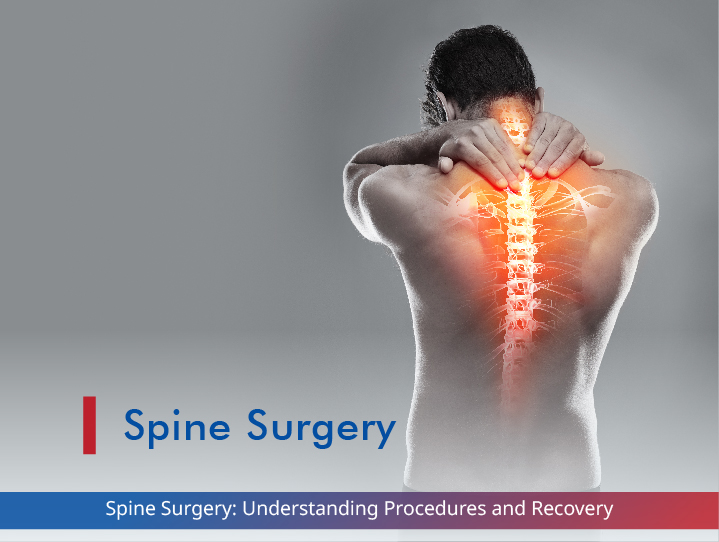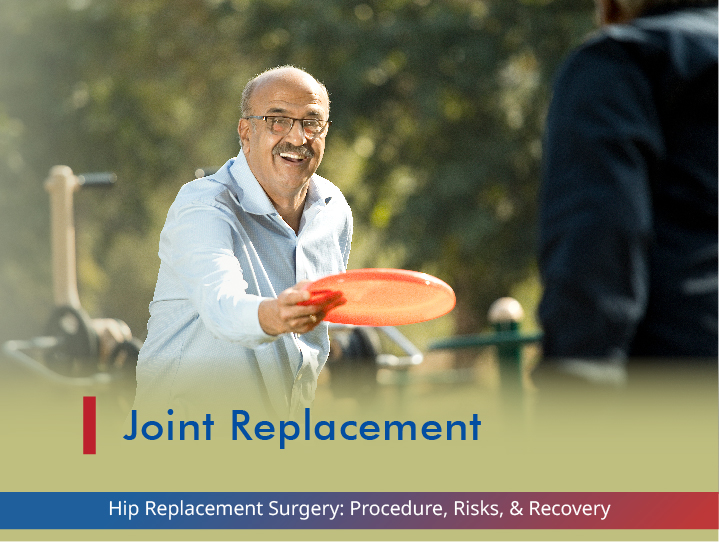Overview
Mouth cancer, also called oral cavity cancer or oropharyngeal cancer, is a type of cancer that affects the lips, tongue, gums, the inner lining of the cheeks, the floor of the mouth, and the hard and soft palates. It is a serious ailment that can be life-threatening if not detected and treated early. Unfortunately, many people are unaware of the early signs of mouth cancer, which can delay diagnosis and treatment. In this blog, we will discuss the symptoms, causes, diagnosis, management, prevention, and outlook for mouth cancer, as well as what it’s like to live with this condition.
Signs and Symptoms of Mouth Cancer
Mouth cancer can manifest in various ways, and it’s essential to be aware of early-stage mouth cancer symptoms. The following are some common symptoms:
- Ulcers or sores in the mouth & throat that do not heal within two weeks
- Constant pain or discomfort in the mouth or throat
- Lumps or thickening in the cheeks or lips
- Oral cancer white spots on gums or red patches on the palate, gums, tongue, or lining of the mouth
- Difficulty swallowing or chewing
- Unexplained weight loss
- Persistent bad breath (halitosis) or a metallic taste in the mouth
- Numbness or tingling sensation in the lips or tongue
- Changes in the way dentures fit
Causes
The leading cause of mouth cancer is the use of tobacco products, including chewing tobacco, cigarettes, cigars, and pipes. Excessive alcohol drinking, particularly when combined with tobacco use, also increases the risk of developing mouth cancer.
Other risk factors include:
- Human papillomavirus (HPV) infection
- Excessive exposure to sunlight (for lip cancer)
- Poor oral health and dental care
- Chronic irritation from ill-fitting dentures or rough surfaces in the mouth
- Dietary factors, such as a lack of fruits and vegetables
Diagnosis and Tests
If you experience any of the symptoms mentioned above, it’s crucial to consult a doctor, such as a dentist or an otolaryngologist (ear, nose, and throat specialist). They will conduct an in-depth examination of your mouth, throat, and neck area and may recommend further tests to confirm or rule out mouth cancer.
The diagnostic process may involve:
- Physical examination: The doctor will carefully inspect your mouth, throat, and neck for abnormalities, such as lumps, sores, or discoloured patches.
- Endoscopy: It involves using a thin, flexible endoscope with a camera and light at the end, which allows the doctor to examine areas of the mouth and throat that are difficult to see during a physical examination.
- Biopsy: If doctors find any suspicious lesions or growths, they may take a small tissue sample for further analysis. This is the only definitive diagnosis of mouth cancer.
- Imaging tests: Depending on the location and extent of the suspected cancer, doctors may order imaging tests such as X-rays, CT scans, MRI scans, or PET scans to help determine the stage and spread of the disease.
Management and Treatment
The mouth cancer treatment and management depends on several factors, including the site and stage of the tumour and the patient’s overall wellness and preferences. The primary oral cancer treatment options include:
- Surgery: This involves removing the cancerous tumour & surrounding healthy tissue, which ensures that all cancerous cells are removed. Depending on the location and extent of the cancer, surgery may also involve removing lymph nodes in the neck area.
- Radiation therapy: This treatment helps kill cancerous cells. It can be used alone or in combination with chemotherapy or surgery.
- Chemotherapy: Chemical therapy involves using powerful medications to kill cancer cells. It may be used before surgery to shrink the cancerous mass or after surgery to eliminate any remaining cancer cells.
- Targeted therapy: This treatment type targets specific molecules or proteins involved in the growth & spread of cancerous cells while minimising damage to healthy cells.
- Immunotherapy: This treatment boosts the body’s immune system to help fight cancer cells.
Prevention
While it’s not always possible to prevent mouth cancer, there are several steps you can take to lower your risk:
- Quit smoking and avoid using tobacco products
- Limit alcohol consumption
- Limit exposure to UV radiation
- Good oral hygiene, including regular brushing, flossing & dental check-ups, can help prevent chronic irritation and reduce the risk of mouth cancer.
- A meal rich in fruits and vegetables, which are high in bioactive compounds, antioxidants, and other beneficial vitamins, may help reduce the risk of mouth cancer.
- Get vaccinated against HPV, as it can help protect against certain types of HPV that are associated with oropharyngeal cancers.
Prognosis
The prognosis for mouth cancer largely depends on the stage and the overall wellness of the patient. Early detection & prompt treatment are vital for improving the chances of successful treatment outcomes & survival.
The earlier oropharyngeal tumour is diagnosed and treated, the better the prognosis. For localised cancers that have not spread, the 5-year survival rate can be as high as 80-90%. However, if cancer cells have metastasised to nearby tissues, lymph nodes, or other body parts, the 5-year survival rate may be lower, around 40-60%.
It’s important to note that these statistics are general estimates, and individual prognoses may vary based on factors such as the type & location of the cancer, the patient’s age, overall health, and response to treatment.
Regular follow-up appointments & close monitoring are essential for detecting any recurrence or spread of the cancer and ensuring timely treatment, says “Dr. Shobhana Shekhar.”
Living With Oral Cancer
Being diagnosed with mouth cancer can be a challenging and emotional experience. It’s natural to experience a range of emotions, including fear, anxiety, and uncertainty. However, it’s essential to remember that there are support systems and resources available to help you cope with the physical and emotional challenges of living with oral cancer.
- Seek support: Join a support group or seek counselling to navigate the emotional aspects of your diagnosis and treatment. Connecting with others with similar conditions can be helpful.
- Maintain open communication: Discuss your concerns, fears, and questions with your medical team. They can give valuable information and guidance throughout your treatment journey.
- Manage side effects: Treatments for mouth cancer can cause adverse effects, such as dry mouth, difficulty swallowing, and changes in taste or smell. Your medical team can recommend strategies to manage these complications and improve overall wellness.
- Adopt a healthy lifestyle: Maintaining a balanced diet, staying physically active (as much as possible), and getting enough rest can help you cope with the challenges of treatment and recovery.
- Explore resources: Many organisations and support groups provide resources and information specifically for individuals living with mouth cancer, including financial assistance, transportation services, and emotional support.
FAQs
What is early screening for oral cancer?
Early screening of oral cancer is a checkup by your dentist or doctor to look for signs of the disease before symptoms appear. This can involve examining your mouth for red or white patches, sores, and feeling for lumps. Catching oral cancer early greatly increases the chances of successful treatment.
Is mouth cancer curable?
Mouth cancer can be very curable, especially when detected early. With early detection and treatment, the cure rate is higher. If it’s caught at a later stage, treatment becomes more complex, but there are still good options available.







